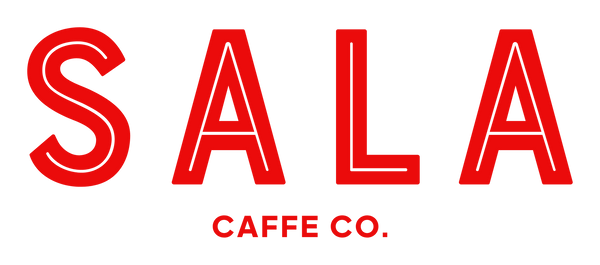First they come from a different part of the fruit at different ages; coconut milk is made from mature fruit, having time to develop its full nutrient profile.
Secondly, coconut milk doesn’t naturally occur, it's made from the flesh of the fruit and is 50% water, until coconut water which is 94% water.
Not to scare you off, but coconut milk is generally considered a high calorie food because of its thick, full bodied texture that is loaded with medium and long chain triglycerides.
Typically consuming 100 gm of pure coconut milk *provides:
- Calories: 220.8
- Fat: 22.8 grams
- Protein: 2 grams
- Carbs: 5.2 grams
- Fiber: 2 grams
- Vitamin C: 4.4% of the RDI
- Folate: 4% of the RDI
- Iron: 8.8% of the RDI
- Magnesium: 8.8% of the RDI
- Potassium: 7.2% of the RDI
- Copper: 12.8% of the RDI
- Manganese: 44% of the RDI
- Selenium: 8.4% of the RDI
*Adapted from: https://www.healthline.com/nutrition/coconut-milk#nutrition
Healthline, continues to discuss demonstrated health outcomes associated with the consumption of coconut milk including potential positive effects on healthy weight loss and metabolism.
Animal studies whilst not confirmatory, suggest coconut milk has a greater role to play in reducing inflammation and stomach ulcer size. Non-clinical studies suggest there could be a vital role in viral and/or bacterial reduction based on the consumption of coconut milk.
Beyond the medicinal potential of coconut milk, the obvious two are that it is lactose free and high in antioxidants.
What does lactose free mean?
This is a big topic, and affects more people than first thought.
Did you know about 4% of Australians are lactose intolerant. According to brisbanesurgeon.com.au whilst Medline suggests 65% of the human population is intolerant!
Simply put, lactose intolerance basically means people can’t digest lactose (a sugar); break down the lactase enzyme. Expect to find lactose in dairy offerings. Symptoms include gas, bloating, flatulence, cramps, diarrhoea and nausea.
Normally people are recommended to avoid dairy and or take lactase containing medication.
Can you get tested for this? Sure talk to your doctor which test (yes there is a couple) is best for you.
Why are antioxidants important?
Antioxidants are awesome. Antioxidants are prominent in certain foods, like coconut milk and protect the body from “free radical” damage.
So a little biology and chemistry; the “BetterHealth Channel” by the Victorian, Australian Government stated it best: “...oxidation in the human body damages cell membranes and other structures, including cellular proteins, lipids and DNA. When oxygen is metabolised, it creates unstable molecules called ‘free radicals’, which steal electrons from other molecules, causing damage to DNA and other cells.
Damage to cellular proteins, lipids and our DNA spells “AGEING”.
So, antioxidant intake is a way to protect against that.
Quoting Medical News: “Antioxidants are substances that can prevent or slow damage to cells caused by free radicals, unstable molecules that the body produces as a reaction to environmental and other pressures.”
And whilst it is true, you can buy antioxidant supplements from the local pharmacy or supermarket, research today suggests the antioxidants obtained from foods are superior.
So coconut milk, superior to dairy for most people, with significant health potential.
References:
- https://www.medicalnewstoday.com/articles/323743#uses
- https://www.healthline.com/nutrition/coconut-milk#nutrition
- https://brisbanesurgeon.com.au/news/lactose-intolerance#:~:text=It%20is%20estimated%20that%20around,factor%20of%20three%20to%20one.
- https://medlineplus.gov/genetics/condition/lactose-intolerance/#frequency
- https://www.betterhealth.vic.gov.au/health/healthyliving/antioxidants
- https://www.medicalnewstoday.com/articles/301506#_noHeaderPrefixedContent
- https://www.hsph.harvard.edu/nutritionsource/antioxidants/#antioxidants%20in%20food

